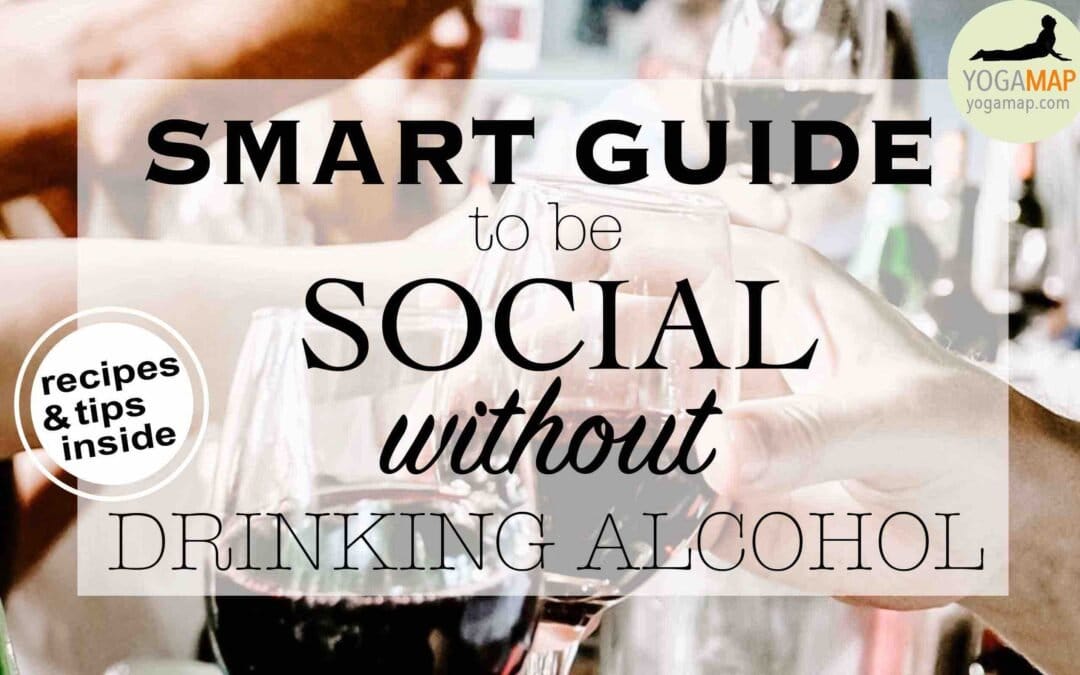The landscape of alcohol consumption in the United States has been undergoing a notable transformation in recent years. Data suggests that Americans have been drinking less alcohol, a trend that predates the recent statements made by the Surgeon General regarding the health implications of excessive drinking. This decline in alcohol consumption is significant and reflects broader changes in societal attitudes towards drinking.
Several factors contribute to this decline. One of the most prominent influences is the increasing awareness of health and wellness. As more individuals prioritize their health, many are reevaluating their drinking habits. The rise of health-conscious lifestyles has led to a greater emphasis on moderation and the potential negative effects of alcohol on physical and mental well-being. This shift is evident in the growing popularity of non-alcoholic beverages and low-alcohol alternatives, which cater to consumers seeking to reduce their alcohol intake without sacrificing social experiences.
Additionally, cultural shifts play a crucial role in this trend. The stigma surrounding sobriety has diminished, and more people are openly discussing their choices to abstain from alcohol or to drink less. This cultural acceptance has fostered an environment where individuals feel empowered to make healthier choices without fear of judgment. Social media platforms have also contributed to this change, as influencers and public figures promote sober living and moderation, further normalizing these behaviors.
The COVID-19 pandemic has also had a profound impact on drinking habits. During the early months of the pandemic, many individuals turned to alcohol as a coping mechanism for stress and uncertainty. However, as time progressed, a significant number of people began to reassess their relationship with alcohol. The pandemic prompted a reevaluation of priorities, leading some to seek healthier outlets for stress relief and connection. This shift has resulted in a sustained decrease in alcohol consumption for many, as individuals have discovered alternative ways to socialize and unwind.
Research indicates that younger generations, in particular, are drinking less than their predecessors. Millennials and Generation Z are more likely to prioritize experiences over substances, often opting for activities that do not revolve around alcohol. This generational shift is reshaping the social landscape, as bars and traditional drinking establishments adapt to meet the changing preferences of their clientele. Many venues are now offering a wider range of non-alcoholic options, recognizing the demand for inclusive social experiences that cater to all preferences.
Moreover, the economic implications of reduced alcohol consumption cannot be overlooked. The alcohol industry has faced challenges as consumer preferences evolve. Sales of alcoholic beverages have seen fluctuations, with some segments experiencing declines while others, such as craft non-alcoholic beers and spirits, have gained traction. This shift presents both challenges and opportunities for businesses within the industry, prompting them to innovate and adapt to the changing market landscape.
The Surgeon General’s recent comments on alcohol consumption have further highlighted the importance of understanding the health risks associated with excessive drinking. While these remarks have garnered attention, it is essential to recognize that the trend of reduced alcohol consumption was already in motion. The dialogue surrounding alcohol and health is becoming increasingly relevant, as more individuals seek to make informed choices about their drinking habits.
In conclusion, the decline in alcohol consumption among Americans is a multifaceted phenomenon influenced by health awareness, cultural shifts, and the impact of the COVID-19 pandemic. As societal attitudes continue to evolve, individuals are increasingly prioritizing their well-being and making choices that reflect their values. The recent remarks from the Surgeon General serve to reinforce the importance of this trend, but it is clear that the movement towards reduced alcohol consumption is already well underway. As this shift continues, it will be interesting to observe how it shapes the future of social interactions, the alcohol industry, and public health initiatives.


